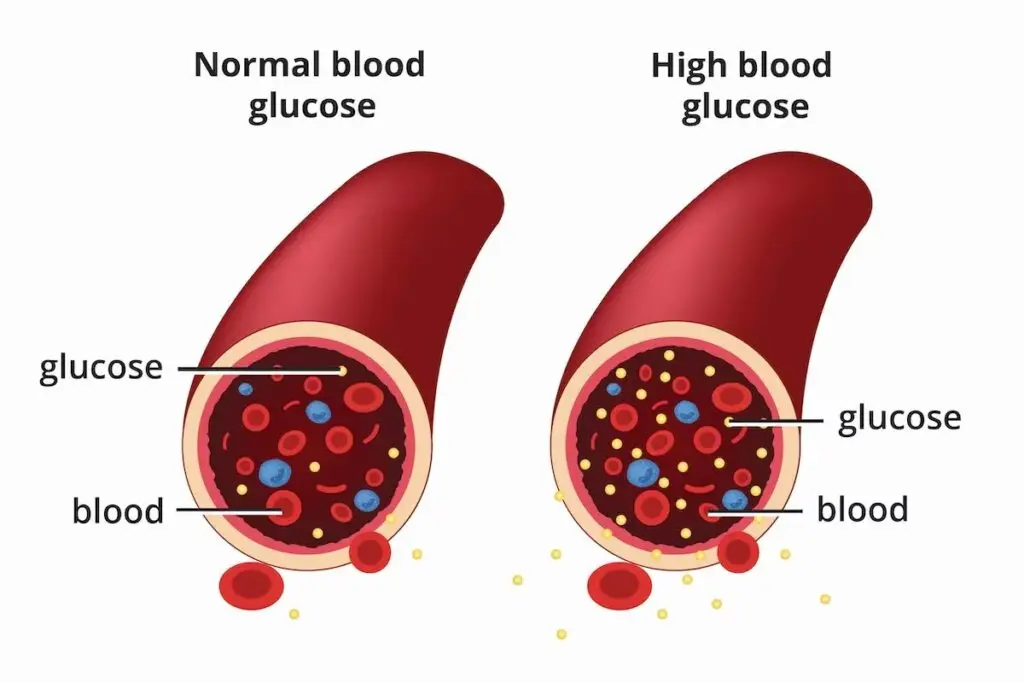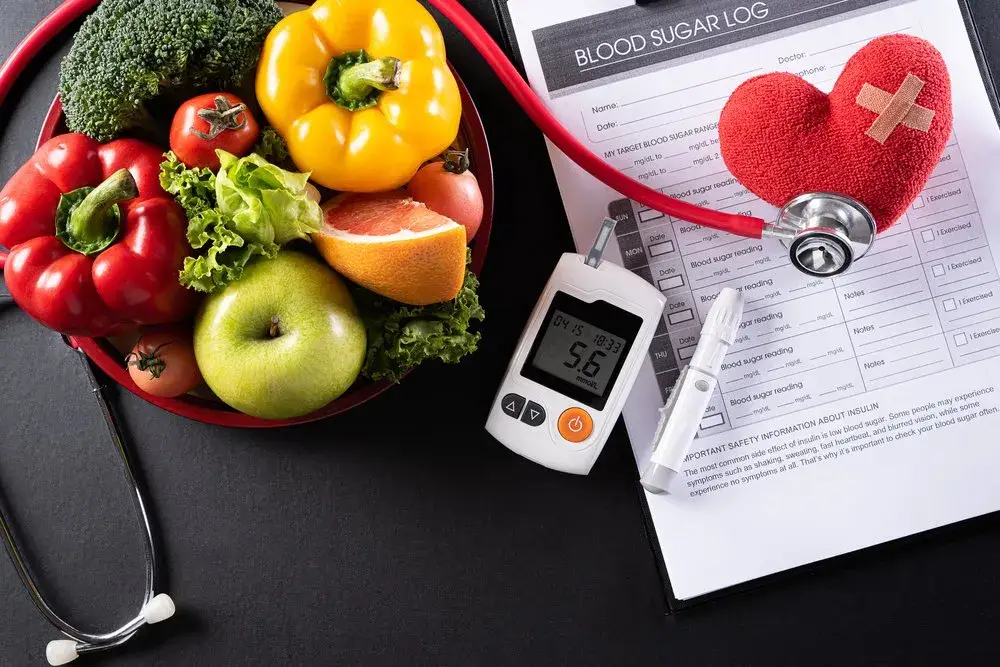Blood Sugar Protocol
Providing nutritional help to maintain healthy blood sugar level



Here’s a comprehensive guide to help manage and regulate blood sugar levels:
Dietary Adjustments
Balanced Meals:
Complex Carbohydrates: Choose whole grains like brown rice, quinoa, and oats.
Protein: Incorporate lean proteins such as chicken, fish, tofu, legumes, and eggs.
Healthy Fats: Include avocados, nuts, seeds, and olive oil.
Fiber: Eat plenty of vegetables, fruits, and whole grains to slow the absorption of sugar.
Low Glycemic Index (GI) Foods:
Opt for low-GI foods like leafy greens, berries, beans, and whole grains over high-GI foods like white bread, pastries, and sugary snacks.
Portion Control:
Monitor portion sizes, especially with carbohydrate-rich foods, to avoid large spikes in blood sugar.
Regular Meals:
Eat smaller, more frequent meals throughout the day to maintain stable blood sugar levels.
Limit Sugary Foods and Drinks:
Avoid sugary beverages, sweets, and processed foods high in sugar.
Lifestyle Changes
Regular Exercise:
Aim for at least 150 minutes of moderate-intensity exercise per week, such as brisk walking, cycling, swimming, or strength training.
Weight Management:
Achieve and maintain a healthy weight to improve insulin sensitivity.
Stress Management:
Practice stress-reducing techniques like meditation, yoga, or deep-breathing exercises, as stress can affect blood sugar levels.
Adequate Sleep:
Ensure 7-9 hours of quality sleep per night to support overall health and hormonal balance.
Monitoring and Medical Support
Regular Blood Sugar Monitoring:
Use a glucometer to regularly check your blood sugar levels, especially before and after meals, as recommended by your healthcare provider.
Regular Check-Ups:
Schedule regular appointments with your healthcare provider to monitor your condition and adjust your management plan as necessary.
Medication:
If prescribed, take medications like metformin, sulfonylureas, or insulin as directed by your healthcare provider.
Supplements
Chromium:
May help improve insulin sensitivity.
Magnesium:
Important for glucose metabolism; consider a supplement if dietary intake is insufficient.
Alpha-Lipoic Acid:
An antioxidant that can improve insulin sensitivity and reduce oxidative stress.
Cinnamon:
Some studies suggest it may help lower blood sugar levels; however, consult with your healthcare provider before adding it to your regimen.
Berberine:
A compound found in several plants that may help regulate glucose and lipid metabolism.
Example Daily Plan
Breakfast:
Oatmeal topped with berries and a sprinkle of nuts.
Green tea or black coffee.
Mid-Morning Snack:
A small apple with a tablespoon of almond butter.
Lunch:
Grilled chicken salad with mixed greens, cherry tomatoes, cucumbers, and a vinaigrette dressing.
Afternoon Snack:
Carrot sticks with hummus.
Dinner:
Baked salmon with quinoa and steamed broccoli.
Evening Snack:
Greek yogurt with a few slices of fresh fruit.
Personalized Plan
Consult with a Dietitian or Nutritionist:
Create a personalized meal plan tailored to your specific needs, preferences, and lifestyle.
Work with a Healthcare Provider:
Develop a comprehensive management plan that includes medical advice, monitoring, and adjustments as necessary.
By following these guidelines and regularly consulting with healthcare professionals, you can effectively manage your blood sugar levels and improve your overall health.









